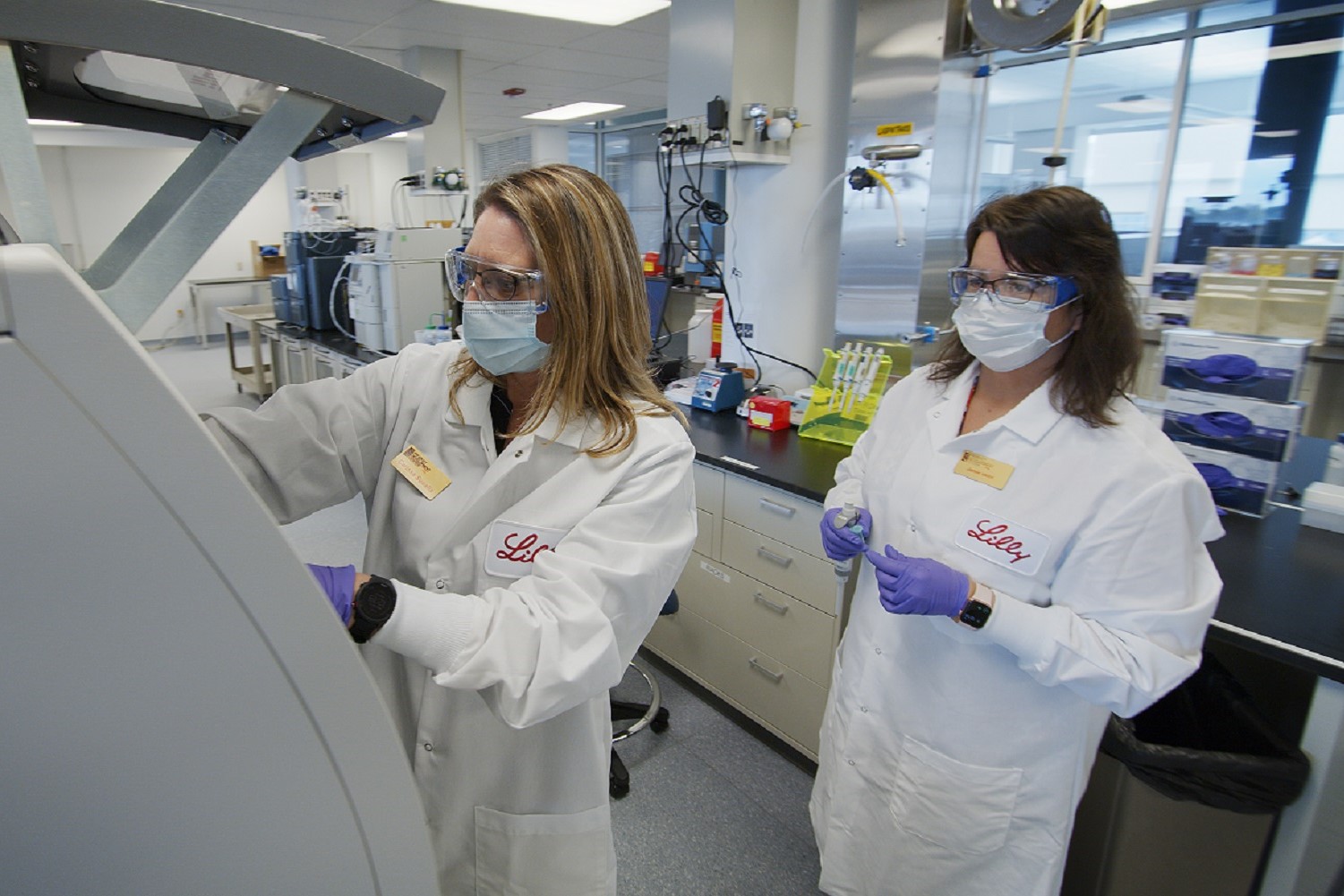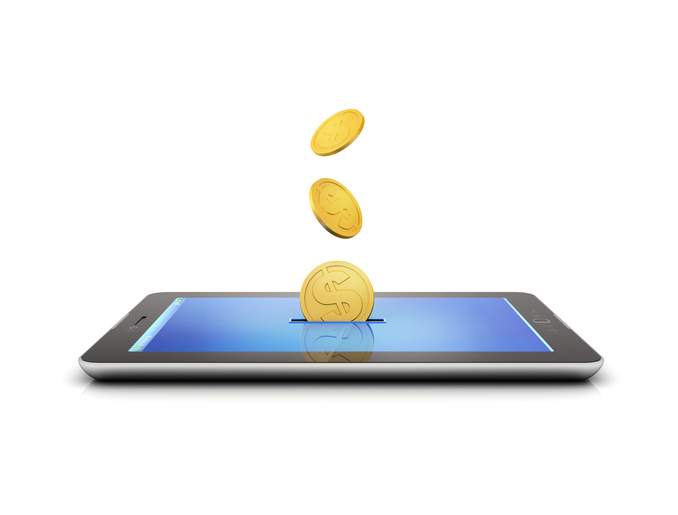All participants in medical device product development understand that physician involvement in the process leads to better healthcare. I have argued in the past for an even more active physician role in the early stages of medical device concept development. Patient rights groups, however, worry about conflicts of interest. The conflicts of interest are not the result of participating in the development process, but reflect the hazards of medtech promotional practices.
There is nothing conflicting or unseemly about a physician working closely with a medical device company product development team or developing his own invention. The goal is to make better devices that improve outcomes and increase quality of life for patients. Who better to contribute to this endeavor than those professionals closest to the action? And, the fact that these same physicians may monetarily gain from their involvement in medical device product development causes no moral dilemma unto itself.
Physician promotion of a product based upon compensation is the crux of the problem. Even if a doctor is convinced of the merits of a new device, compensation for promotion puts a cloud over the physician’s motives. Those of us in the field have all attended a scientific conference and witnessed a physician champion espousing the benefits of a product that we suspected were dubious. There is a fine line between a physician favorably presenting data at a conference and promotion of that medical device. The medical device industry has blurred that line with physician podium presentations that have become glorified PR releases.

With the Rise of AI, What IP Disputes in Healthcare Are Likely to Emerge?
Munck Wilson Mandala Partner Greg Howison shared his perspective on some of the legal ramifications around AI, IP, connected devices and the data they generate, in response to emailed questions.
In a perfect world, physician investigators would receive no compensation from industry for their efforts. Unfortunately, clinical studies are expensive and someone has to pay (i.e. the medtech sponsors). This leads to the self-fulfilling prophecy of physician investigators tending to see the bright side of clinical study data and rationalizing the complications and unfulfilled endpoints. If an investigator is too challenging, he is unlikely to lead more studies.
If you are a physician inventor, find objective peers to clinically evaluate your device. Practicing medicine and promoting medical products simultaneously is a thorny proposition. Furthermore, make sure your relationships with medical device companies are properly defined in a consulting contract. Steven Auvil wrote an insightful blog post on MedCityNews.com that highlights watch-outs for physician inventors working closely with product development teams at medical device companies.
To avoid corruption in physician promotion activities, federal laws like the Anti-Kickback Statute have criminal and civil penalties tied to inducing or rewarding doctors for referrals of services paid for by a federal government health program. A tight physician-consultant contract will clarify that the physician must be a co-inventor on at least one patent claim in order to receive royalties on sales of a product. A physician can obviously receive consulting fees for aiding the actual product development, but sharing in the sales revenue without being an inventor may be unwise.
Although this may seem too restrictive, the obvious goal of federal statutes is to avoid physicians gaining on-going compensation for a marketed product based on their promotion of the device.
There will always be a struggle between championing new medical products and being seen as a shill for industry. If you are a doctor interested in developing medical technologies, keep inventing and innovating. But, step cautiously on the promotion and advocacy side.
Healing Innovation is a resource for clinician innovators. The main site - HealingInnovation.com - provides an overview of the various aspects and issues facing clinician innovators.














